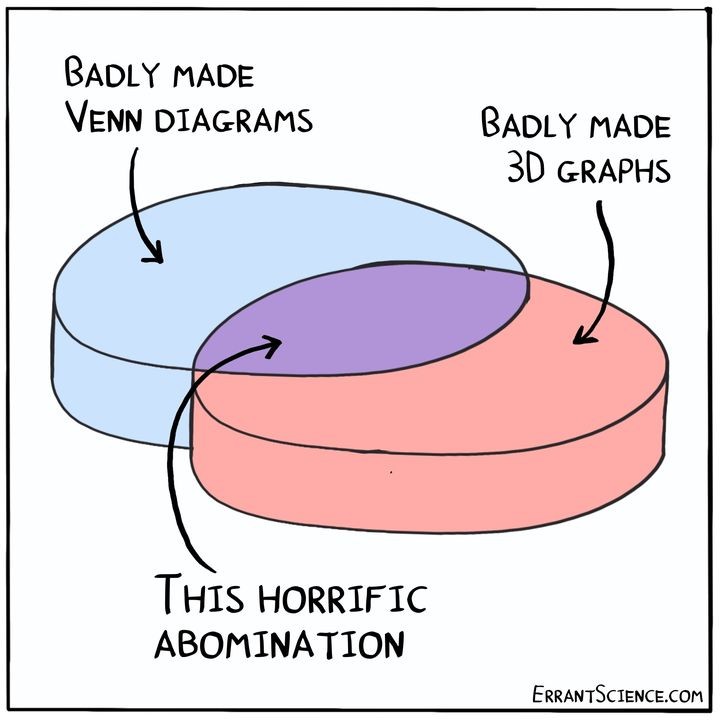this post was submitted on 15 Dec 2023
439 points (100.0% liked)
Science Memes
235 readers
57 users here now
Welcome to c/science_memes @ Mander.xyz!
A place for majestic STEMLORD peacocking, as well as memes about the realities of working in a lab.

Rules
- Don't throw mud. Behave like an intellectual and remember the human.
- Keep it rooted (on topic).
- No spam.
- Infographics welcome, get schooled.
This is a science community. We use the Dawkins definition of meme.
Research Committee
Other Mander Communities
Science and Research
Biology and Life Sciences
- !abiogenesis@mander.xyz
- !animal-behavior@mander.xyz
- !anthropology@mander.xyz
- !arachnology@mander.xyz
- !balconygardening@slrpnk.net
- !biodiversity@mander.xyz
- !biology@mander.xyz
- !biophysics@mander.xyz
- !botany@mander.xyz
- !ecology@mander.xyz
- !entomology@mander.xyz
- !fermentation@mander.xyz
- !herpetology@mander.xyz
- !houseplants@mander.xyz
- !medicine@mander.xyz
- !microscopy@mander.xyz
- !mycology@mander.xyz
- !nudibranchs@mander.xyz
- !nutrition@mander.xyz
- !palaeoecology@mander.xyz
- !palaeontology@mander.xyz
- !photosynthesis@mander.xyz
- !plantid@mander.xyz
- !plants@mander.xyz
- !reptiles and amphibians@mander.xyz
Physical Sciences
- !astronomy@mander.xyz
- !chemistry@mander.xyz
- !earthscience@mander.xyz
- !geography@mander.xyz
- !geospatial@mander.xyz
- !nuclear@mander.xyz
- !physics@mander.xyz
- !quantum-computing@mander.xyz
- !spectroscopy@mander.xyz
Humanities and Social Sciences
Practical and Applied Sciences
- !exercise-and sports-science@mander.xyz
- !gardening@mander.xyz
- !self sufficiency@mander.xyz
- !soilscience@slrpnk.net
- !terrariums@mander.xyz
- !timelapse@mander.xyz
Memes
Miscellaneous
founded 2 years ago
MODERATORS
you are viewing a single comment's thread
view the rest of the comments
view the rest of the comments

I think for maximum uselessness, they should not be overlapping spheres, but deform at the interface, like soap bubbles or rubber balls. As long as the spheres are the same size and modelled with the same "surface tension" or "elasticity", the "intersection" of two sets would then be a circular interface with an area proportional to what would otherwise be an overlap (I think). If the spheres have different sizes or are modelled with different surface tension or elasticity, one would "intrude" into the other.
Multiple sets would have increasingly complex shapes that may or not also create volumes external to the deformed spheres but still surrounded by the various interfaces.
Time to break out the mathematics of bubbles and foam. This data ain't gonna obscure itself!
Might there actually be utility to something like this? Scrunch the spheres together but make invisible everything that is not an interface and label the faces accordingly. I suppose the same could be said of the shape described by overlapping. (Jesus, you'd think I was high or something. Just riffing.)